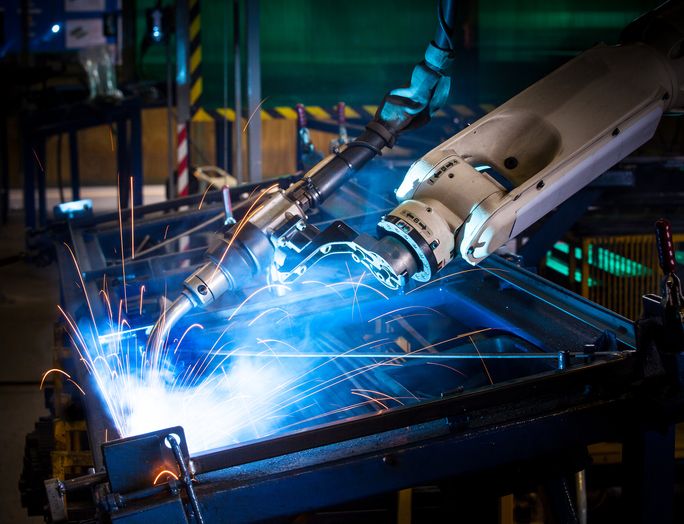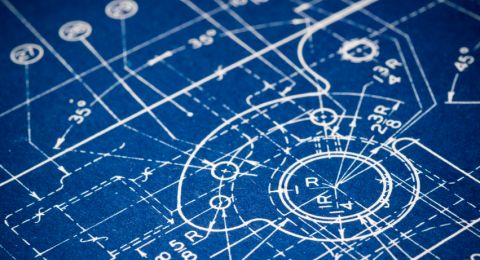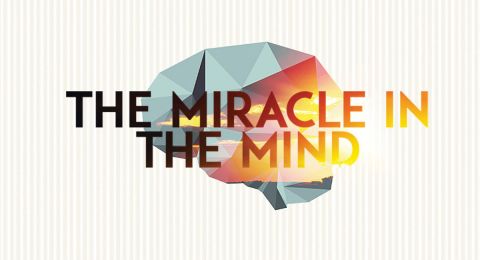
Will Robots Make Humans Obsolete? The AI Reality Check
Artificial intelligence and robotics continue to advance, raising questions about their potential to replace human workers. While automation is expanding across industries, there are fundamental limitations to what robots can achieve compared to humans.

Industrial robot welding metal frame
Current automation trends show robots taking on increasingly complex tasks:
- Fast-food chains implementing robotic food preparation and ordering systems
- Construction robots like SAM (Semi-Automated Mason) working 3x faster than humans
- Legal industry automating up to 35% of law clerk tasks and 22% of lawyer tasks
- Manufacturing facilities replacing manual labor with robotic systems
Some countries like Switzerland and Finland have considered implementing universal basic income to protect workers from automation-related job displacement.
However, current AI has significant limitations:
- Relies on supervised learning, requiring human input and training
- Cannot independently learn or make complex inferences
- Lacks true understanding of concepts (e.g., can tell time but doesn't understand what time means)
- Cannot match human reasoning and problem-solving abilities
The fundamental difference between humans and machines lies in consciousness and cognitive abilities. While robots can execute programmed tasks efficiently, they cannot replicate human characteristics like:
- Self-awareness
- Creativity
- Personality development
- Abstract reasoning
- Knowledge application
- Independent learning

Blueprint with white lines on blue
While automation will continue to transform various industries, robots cannot fully replace human beings due to our unique cognitive abilities and consciousness. The future will likely involve collaboration between humans and machines rather than complete replacement.

Colorful geometric brain art
Related Articles

Dopamine Media: How Social Platforms Became Our Digital Casino

